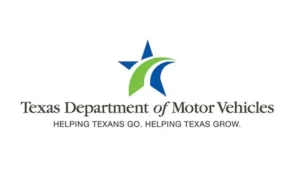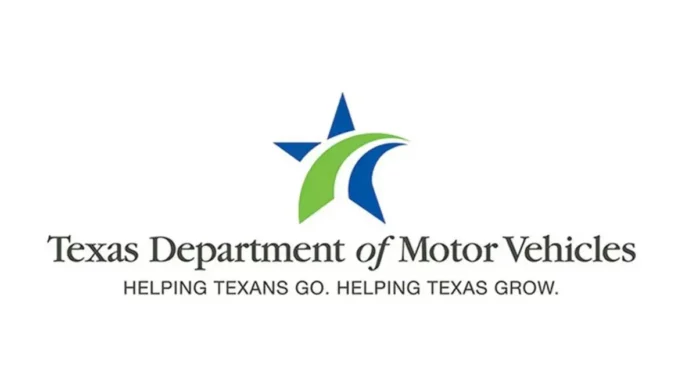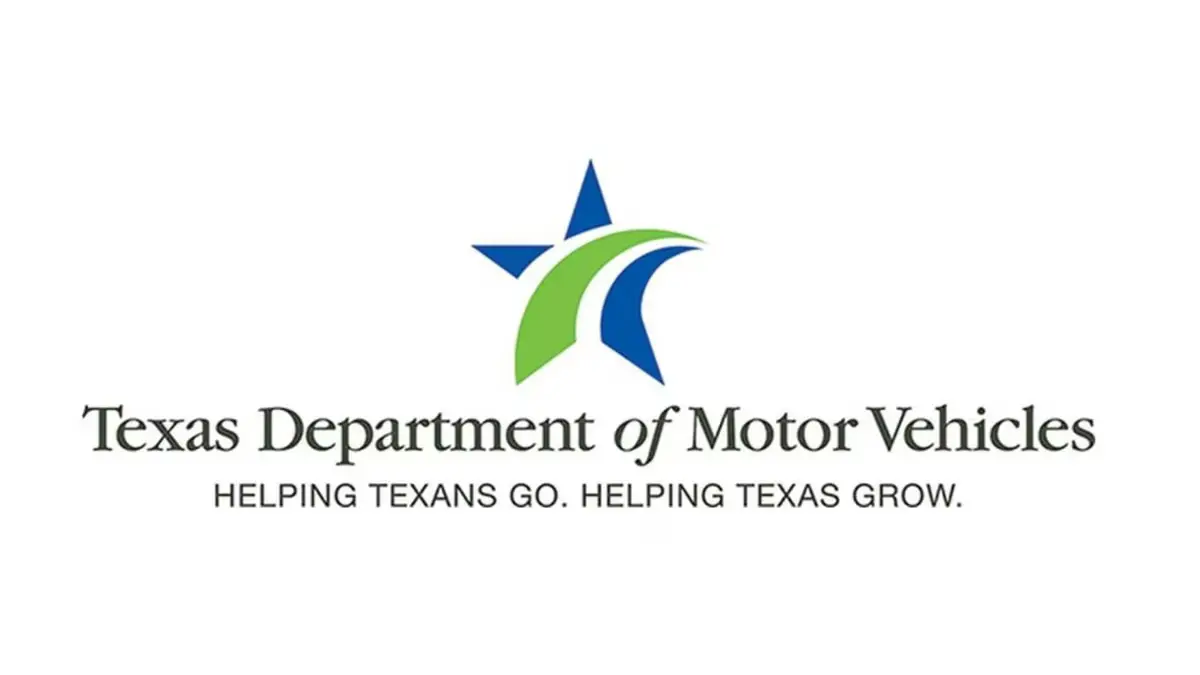DMV TX – Auto Insurance Requirements: Explanation of auto insurance requirements in Texas, including minimum coverage limits and the obligation to maintain valid insurance.
In Texas, drivers are required to carry auto insurance with minimum liability coverage. The current minimum limits are 30/60/25, which means at least $30,000 per person for bodily injury, $60,000 per accident for bodily injury, and $25,000 per accident for property damage. It is important to maintain valid auto insurance and carry proof of insurance while driving in Texas.
Here’s the information about auto insurance requirements in Texas, including minimum coverage limits and the obligation to maintain valid insurance:
-
Minimum Auto Insurance Requirements in Texas:
- Liability Coverage: Texas law requires all drivers to carry liability insurance to cover potential damages or injuries caused to others in an accident. The minimum liability coverage limits in Texas are commonly referred to as «30/60/25,» which means:
- $30,000 bodily injury liability coverage per person injured in an accident.
- $60,000 bodily injury liability coverage per accident for all injured parties.
- $25,000 property damage liability coverage per accident for damage to others’ property.
-
Proof of Insurance:
- It is mandatory to carry proof of insurance in your vehicle at all times. Upon request by law enforcement or during vehicle inspections, you must be able to provide proof of valid insurance.
- The most common form of proof is an insurance card issued by your insurance company. Electronic versions of the insurance card on a mobile device may also be acceptable.
-
Penalties for Driving Without Insurance:
- Driving without valid auto insurance in Texas is illegal and can result in severe penalties, including fines, license suspension, impoundment of the vehicle, and potential jail time.
- First Offense: A minimum fine of $175 to $350, and up to $2,000 for subsequent offenses. The driver’s license and vehicle registration may also be suspended.
-
Optional Coverage:
- While liability insurance is the minimum requirement, it’s often advisable to consider additional coverage options to protect yourself and your vehicle, such as:
- Collision Coverage: Covers damages to your vehicle in the event of an accident, regardless of fault.
- Comprehensive Coverage: Protects against non-collision-related damages, including theft, vandalism, fire, or natural disasters.
- Uninsured/Underinsured Motorist Coverage: Covers damages if you’re involved in an accident with a driver who lacks insurance or has insufficient coverage.
-
Comparison Shopping:
- It’s essential to shop around and compare quotes from different insurance providers to find the coverage that best suits your needs. Consider factors such as coverage limits, deductibles, customer service, and pricing.
-
Periodic Review:
- Regularly review your insurance policy to ensure it meets your current needs. Adjust coverage as necessary, especially when buying a new vehicle or experiencing significant life changes.
It’s important to note that the information provided is a general overview of auto insurance requirements in Texas.
It’s advisable to consult with an insurance professional or visit the official website of the Texas Department of Motor Vehicles (DMV) or the Texas Department of Insurance for more detailed and up-to-date information regarding auto insurance requirements in Texas.
Complying with the auto insurance requirements not only keeps you legal but also provides financial protection in the event of an accident. It’s crucial to maintain valid and adequate insurance coverage to safeguard yourself, your passengers, and other drivers on the road.
Remember to consult with an insurance professional to understand the specific coverage options available to you and determine the most appropriate policy based on your needs and circumstances.


